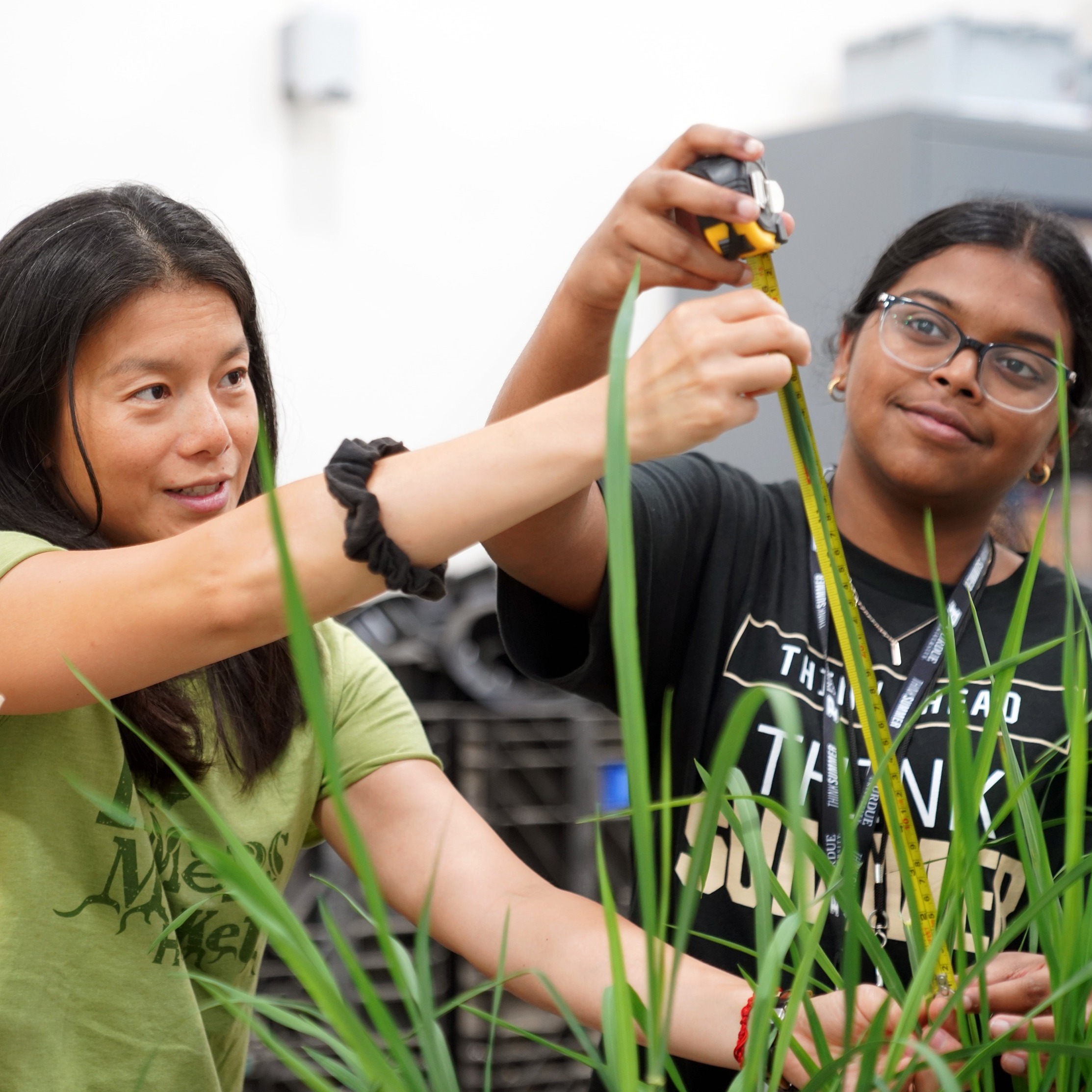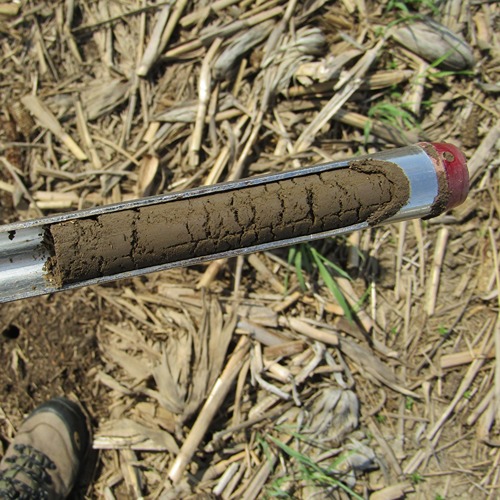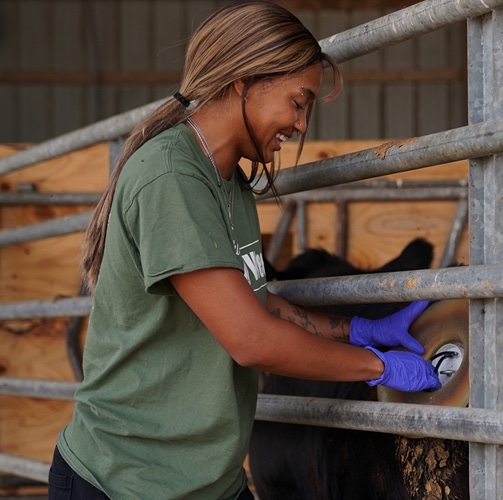Featured Stories

Keeping your pets safe during the dog days of summer
As temperatures and humidity rise across the U.S., Candace Croney, director of the Center for...

Digital forestry can help mitigate and prevent wildfires
The National Interagency Fire Center reports that, as of this writing, 19,444 fires have burned...

Researchers examine nanotechnological methods for improving agriculture
Nanoscale particles could potentially help address agricultural and environmental sustainability...

Fields of Discovery: High school students join Purdue professors in research
High school students join Purdue professors to learn about research opportunities in agriculture...

How Purdue researchers and the USDA are finding ways to bury carbon beneath our feet
Soils are a rare win-win when it comes to burying the carbon released from burning fossil fuels....

Fields of Discovery: From track to trough— leaping into research
This summer, Rieko Wilford is making big leaps researching methane emissions; on the track,...